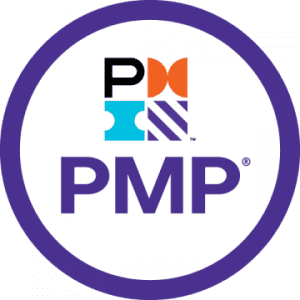What are the system requirements for this course?
Typical hardware requirements are: RAM 4 GB and Disk Space 10GB with dual core CPU. Requisite software can be downloaded from
here.
How will I execute the practicals?
Installation guides are provided with the course. The detailed installation guides are also provided in the LMS for setting up the practical environment. Also. we’ll provide an URL for online practice and guidance. Your queries will be promptly answered by the CertAdda 24*7 support team.
Which case studies will be the part of this course?
Project Title: 30 assignments on Unix Scripting
Description: The purpose of this project is to explore and master Unix Scripting by executing complex assignments. You will get to work on multiple assignments with varying degree of complexity that will enable you to become an expert Unix Administrator. After completing these assignments, you will be able to perform your day-to-day Unix activities with great ease. Most of the assignments are based on the following tasks:
- Creating a user
- Changing the ownership
- Configuring disk and SSH service
- Logical partitioning
- Creating repository based on http service and many more
What if I miss a class?
You will never miss a lecture at CertAdda You can choose either of the two options: View the recorded session of the class available in your LMS or You can attend the missed session in any other live batch.
Will I get placement assistance?
To help you in this endeavor, we have added a resume builder tool in your LMS. Now, you will be able to create a winning resume in just 3 easy steps. You will have unlimited access to use these templates across different roles and designations. All you need to do is, log in to your LMS and click on the “create your resume” option.
Can I attend a demo session?
We have limited number of participants in a live session to maintain the Quality Standards. So, unfortunately participation in a live class without enrolment is not possible. However, you can go through the sample class recording and it would give you a clear insight about how are the classes conducted, quality of instructors and the level of interaction in the class.
Who is our Instructor?
All instructors at CertAdda are senior industry practitioners with minimum 10 – 12 years of relevant IT experience. They are subject matter experts who trained by CertAdda to provide impeccable learning experience to all our global users.
What if I have more queries?
Just give us a CALL at +91 8178510474 / +91 9967920486 OR email at admin@certadda.com







